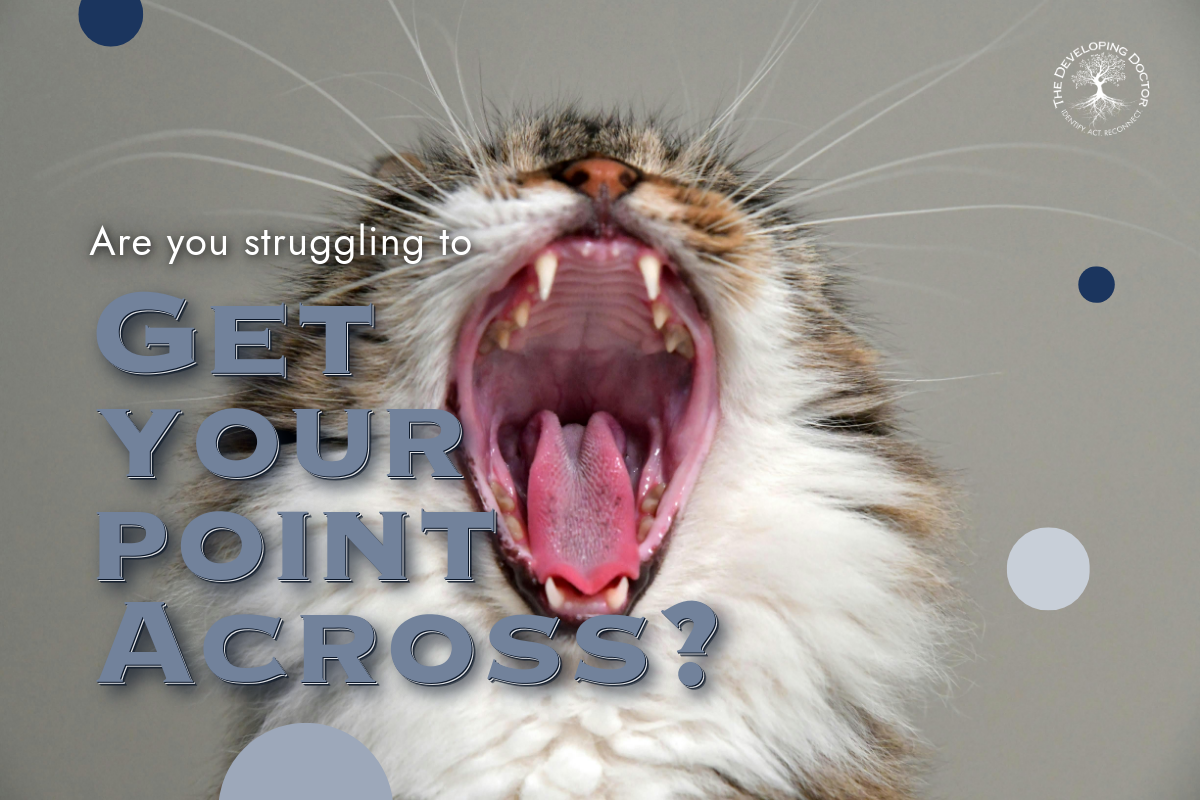Unlock Better Teamwork with This Communication Framework
As physicians, we’re trained in anatomy, pharmacology, pathology. We also learn how to perform a physical exam and deliver bad news. But we are rarely trained to communicate with our peers. Yet, every part of our job depends on it. Misunderstood messages, unspoken frustrations, and clashing styles disrupt teams, regardless of clinical skills.
In this week’s blog, we explore how the DISC communication model can transform how you interact with colleagues, manage high-pressure scenarios, and lead your team effectively. By understanding your natural style—and how others differ—you can reduce tension, increase collaboration, and even improve patient outcomes.
Whether you’re leading rounds or launching a new project, communication is one of the most important leadership tools in medicine. This post offers insight into how small shifts in awareness can lead to big improvements in how you show up at work.
“The single biggest problem in communication is the illusion that it has taken place.”
— George Bernard Shaw
Too often, we assume others hear what we intended. Effective communication starts with recognizing how different styles interpret the same words and adjusting our approach accordingly.
Coach's Corner
Think about a recent miscommunication you had with a colleague or teammate.
Ask yourself:
- What was your style in that situation—Dominant, Influential, Steady, or Conscientious?
- What was your colleague's style? How did their style impact their perception of what you communicated?
- What could you say or do differently next time to meet them halfway?
Spend 5–10 minutes journaling about one small shift you could make to improve communication with someone on your team this week.
Ready to work on your communication skills?
Here's how I can help:
If you’re feeling stuck or overwhelmed, you’re not alone. Coaching can help you develop the soft skills that medical school missed—skills that open new doors and make medicine fun again.
→ Book a free coaching session
→ Or explore our self-paced online course designed to help you thrive at every stage of your journey: https://courses.thedevelopingdoctor.com
You became a doctor to help others. Coaching helps you remember how to help yourself too.
To thriving,
Ben
https://thedevelopingdoctor.com
P.S: If videos are more your syle..
|








Responses